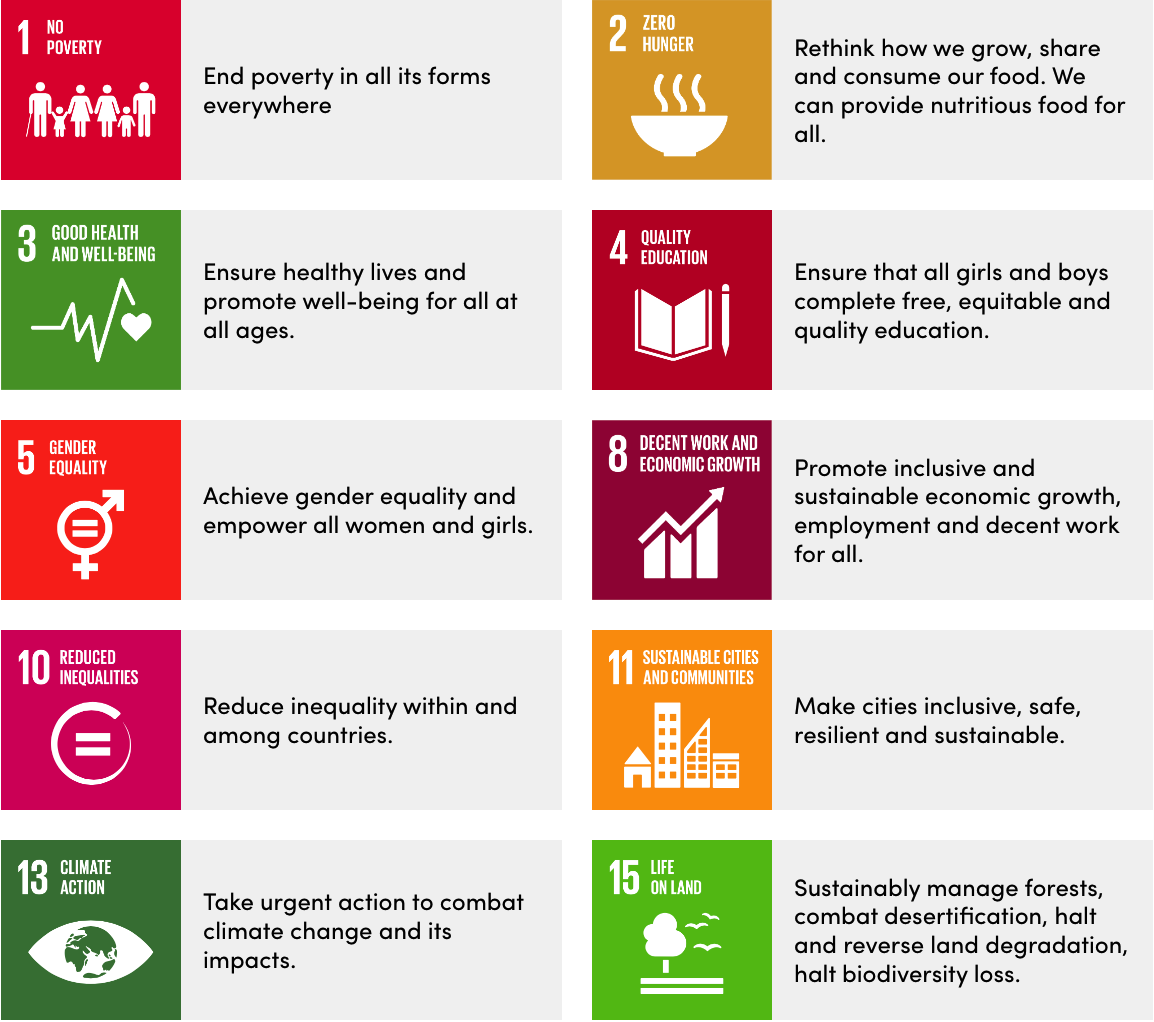May's Climate Action
Climate Action in May with Ecologi
Every month we support two different Impact- driven climate projects. Here’s more information, photos and maps of our initiatives.
Repairing water boreholes in Eritrea
Context
One in nine people around the world do not have access to clean water close to home, and 60% of the world’s population live in areas of water stress, where the water supply cannot or will not continue to meet demand.
Eritrea is a small coastal country in northeast Africa, in which only 19% of the population have access to clean water close to home. Others must travel many miles to find water, or rely on unsafe surface water sources such as rivers or open wells. This lack of clean water and sanitation has profound health impacts, and is the second biggest driver of death and disability in the country. Years of persistent drought conditions in the region has further restricted access to water resources, compounding the problem and putting strains on local communities.
Project
This Zoba Debub Community Boreholes project will provide long term access to safe and clean drinking water to hundreds of households within the Zoba Debub district in Eritrea, using borehole technology.
UN Sustainable Development Goals
The 'Zoba Debub Community Boreholes' project aligns with the following UN Sustainable Development Goals:
Planting forest gardens in Uganda
Context
Uganda is a landlocked country in East Africa, on the shores of Lake Victoria. It has a population of over 45 million, over 20% of whom live in the vicinity of the capital, Kampala. The population of Uganda has exploded from around 5 million in 1950, and remains relatively very young – with just under 70% of the population under the age of 25.
The area surrounding Mount Elgon in the Eastern part of the country is heavily degraded due to deforestation and over-cultivation. The relatively high population in the area puts a strain on the land, leaving it almost bare, due to degradation from animal grazing, tree-cutting for fuel wood, and heavy mono-cropping of specific crops like bananas and coffee. The degraded land has also led to deadly landslides in the area which pose an acute safety risk to the nearby populations.
Project
This project involves the establishment of 400 Forest Gardens in the Mount Elgon region in Eastern Uganda. Each Forest Gardens is approximately one hectare each in size, and local farmers are supported and trained to establish and look after their Forest Gardens over a period of 4 years.
Planting Partner
This project is run by Trees For The Future, a registered 501(c)(3) nonprofit organisation in the United States. Over the 4-year programme, the farmers learn to diversify their Forest Garden with vegetables and fruit trees to support the families nutritionally and financially. This methodology helps farmers to learn about conservation, earn more income through selling their fruits and vegetables, and also grow fond and proud of the Forest Garden they have created.
UN Sustainable Development Goals
The 'Forest Gardens in Uganda' project aligns with the following UN Sustainable Development Goals:
Make it stand out
Whatever it is, the way you tell your story online can make all the difference.










